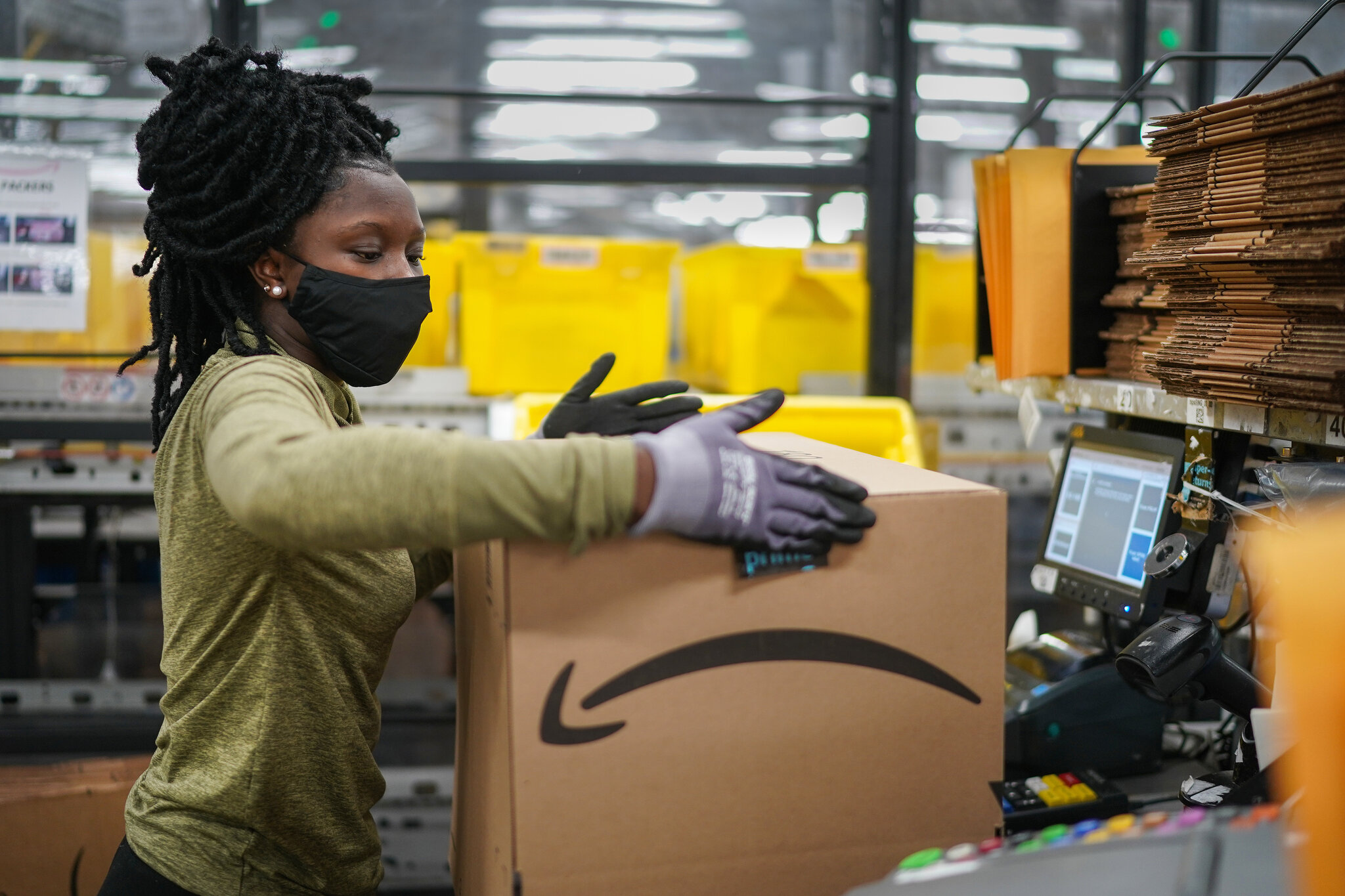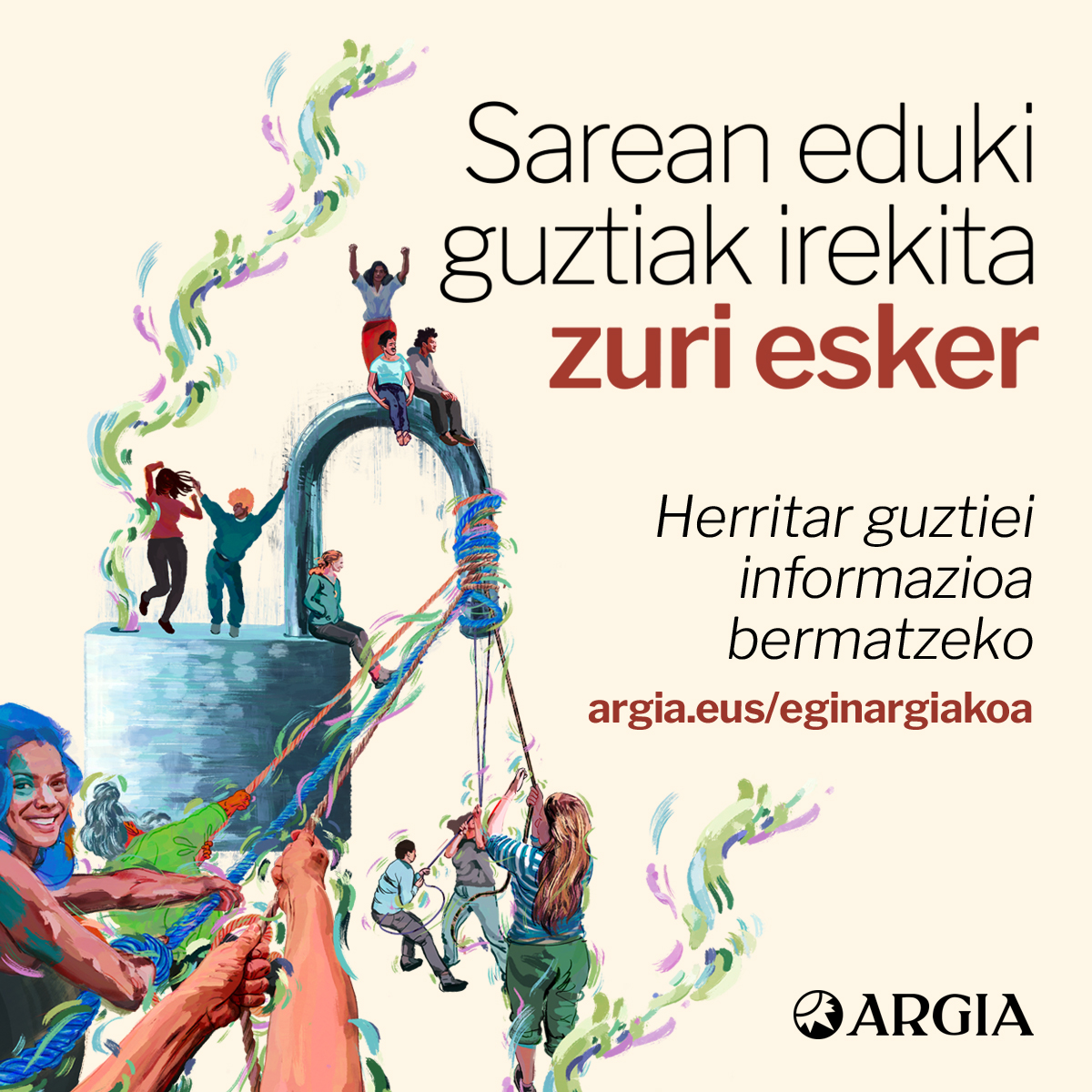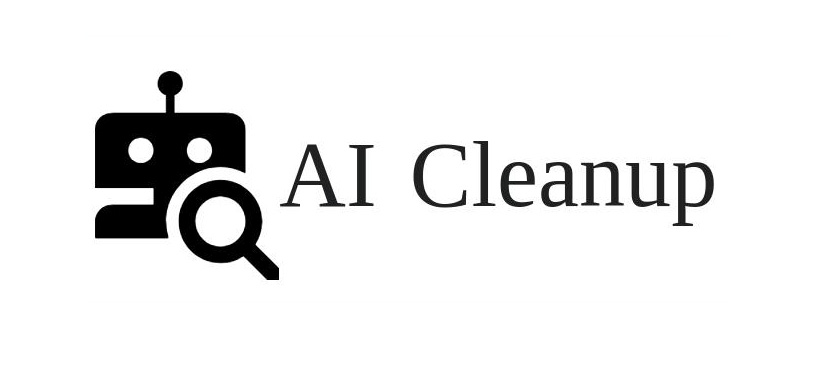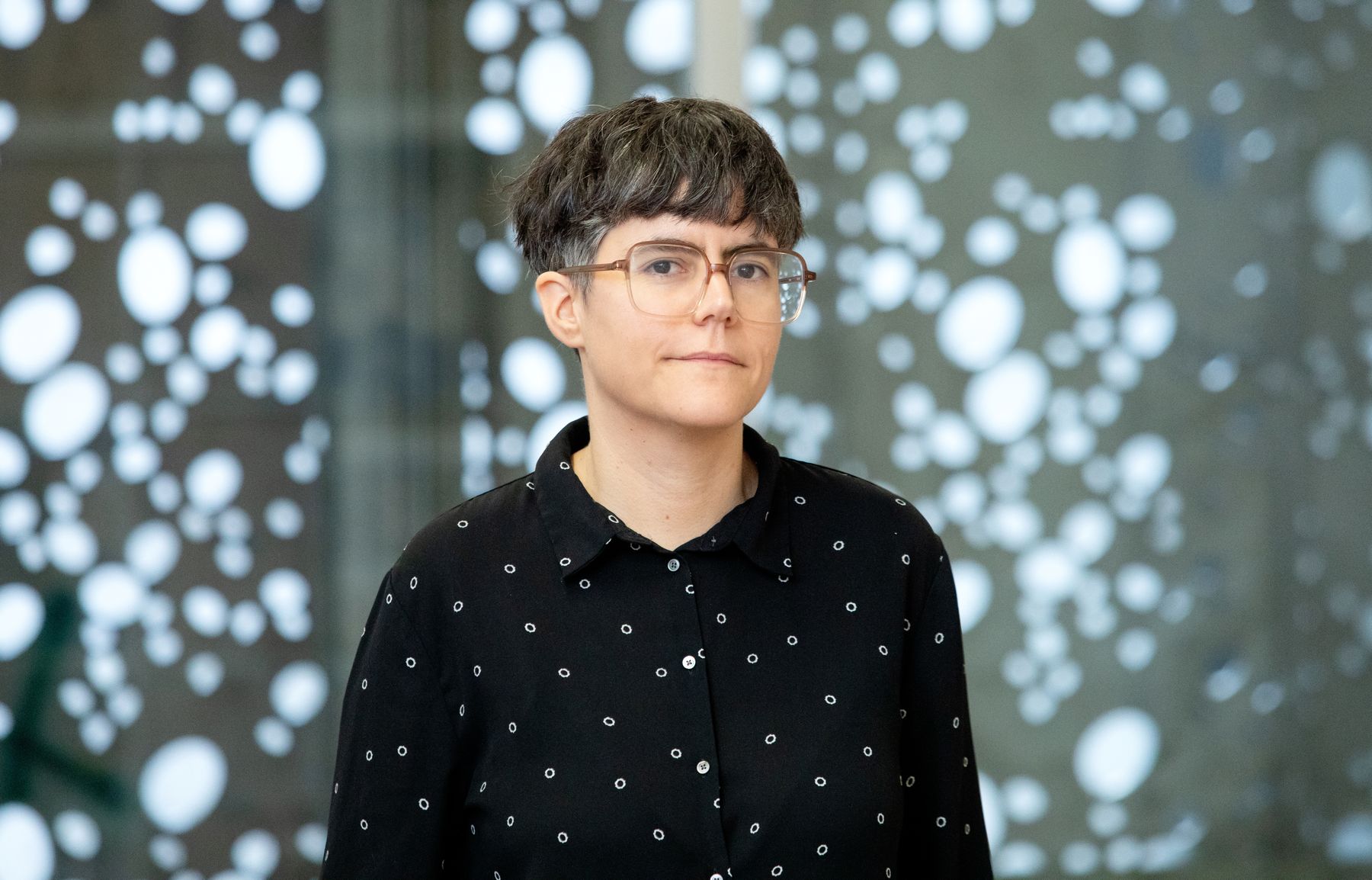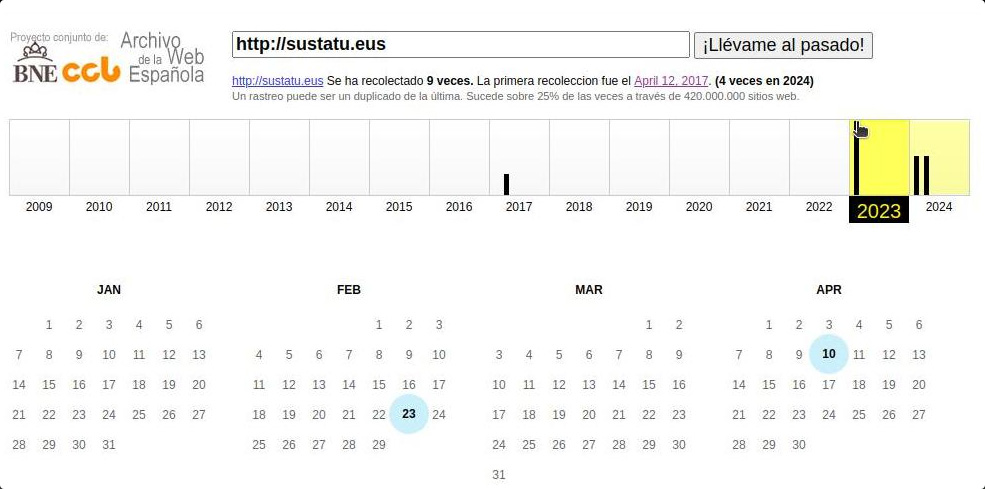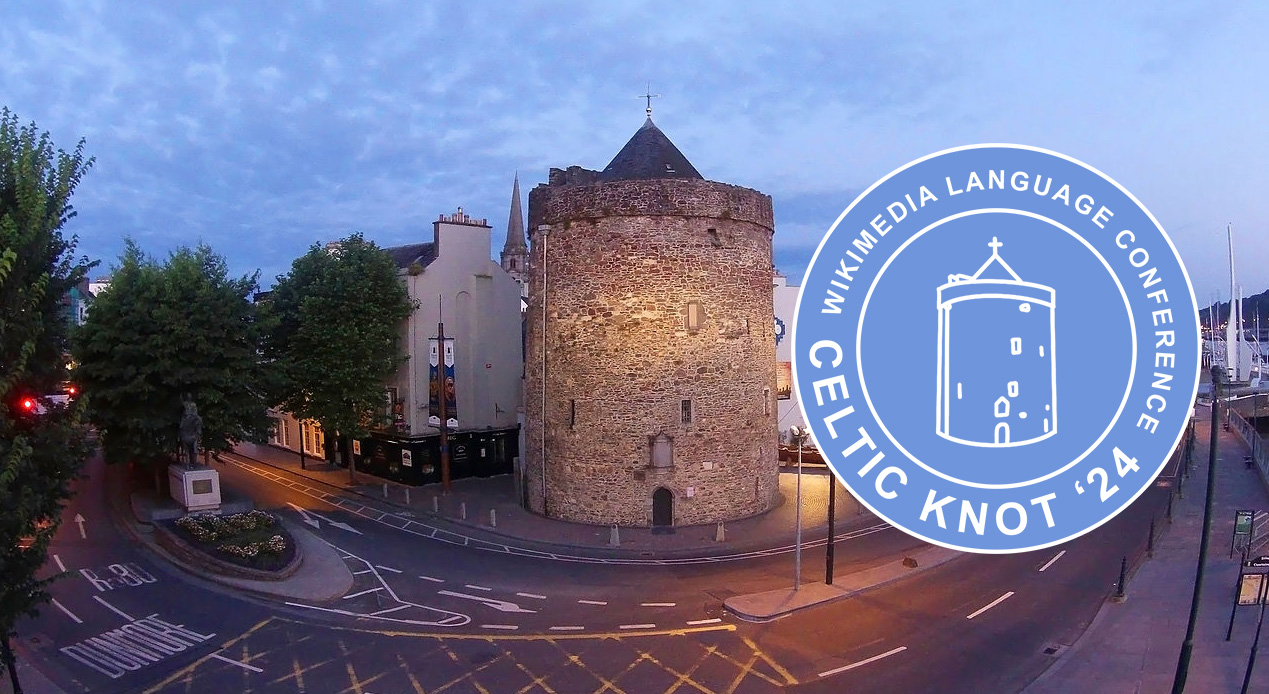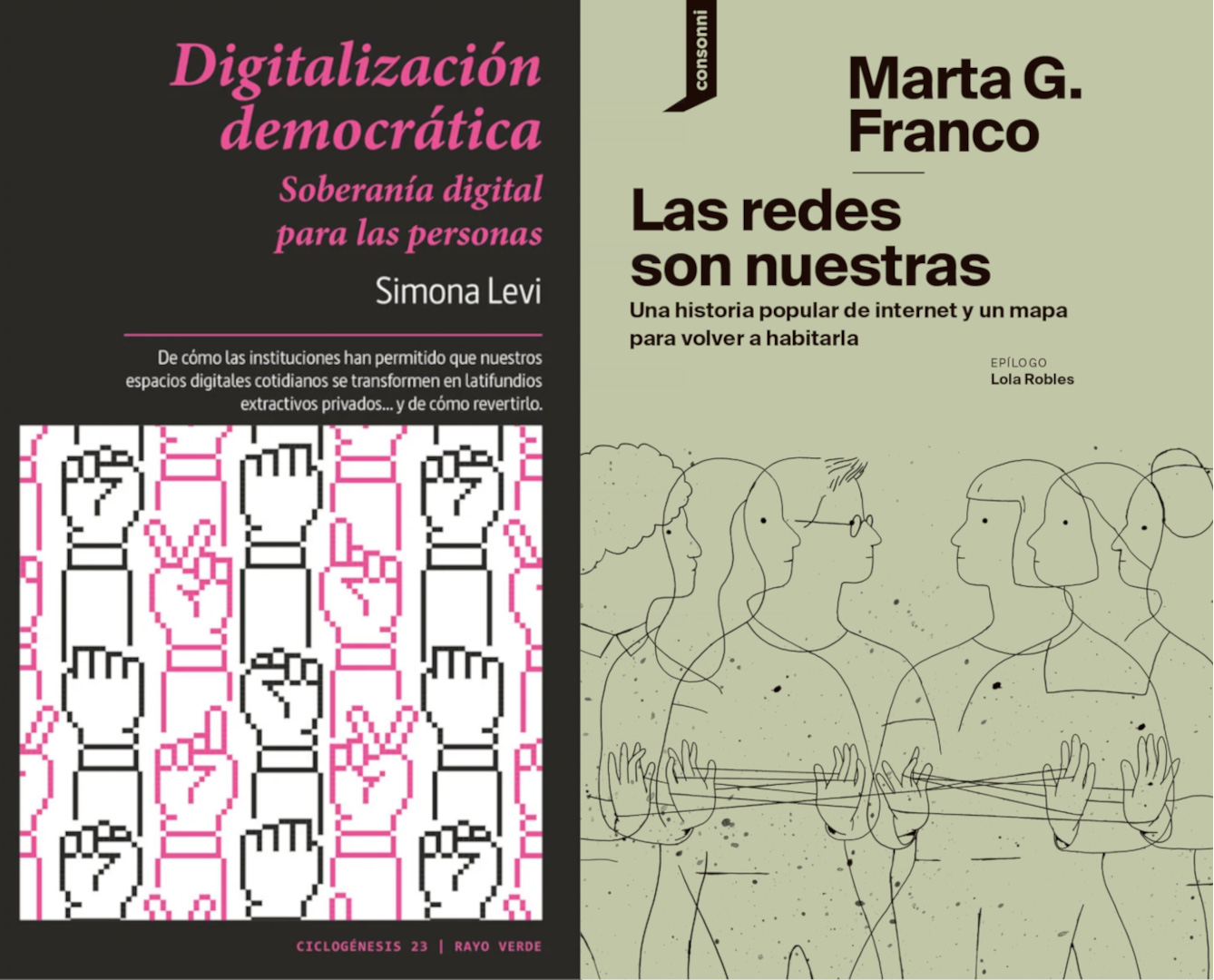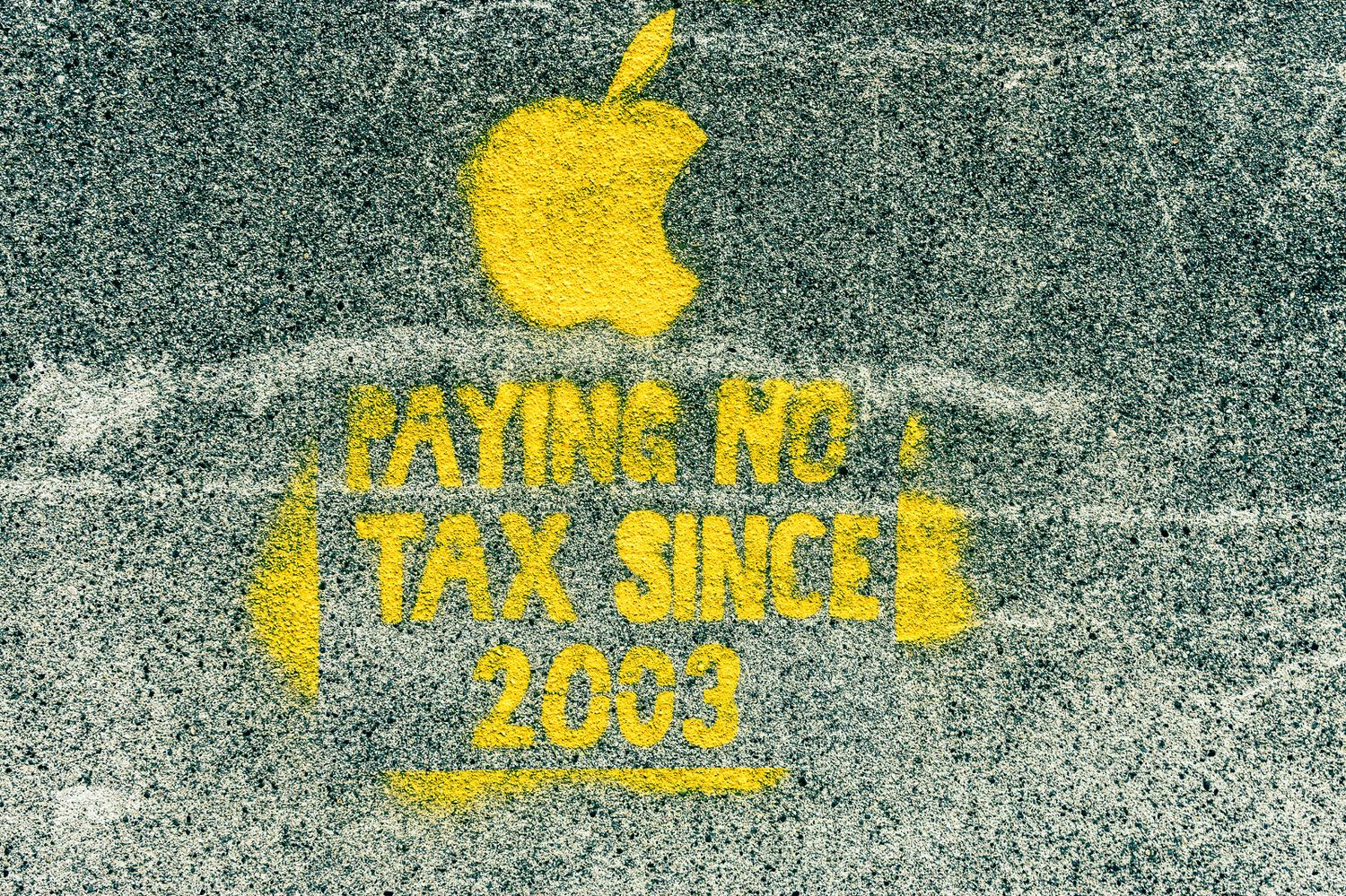"Teachers tend more to limit use than to maintain a proactive attitude"
- The Online Observatory EU Kids has analyzed the Internet experiences of young people between 9 and 16 years of age from 19 European countries: cyberbullying, display of harmful content, misuse of data, sexting, contact with strangers via the Internet, etc. As you can read in the 2020 report, when they have poor experience, minors talk mostly with their family or friends, and rarely with teachers or other professionals.

Safety Tips
According to the researchers, the activities of the network cannot be considered overall as positive or negative, since the same activity can have positive effects for one young person and negative effects for the other. That's what happens when you meet the people you've met on the Internet. Between 5% (France) and 25% (Serbia) met a well-known person on the network who accompanied them on their journey. In most cases, the knowledge of new people was a positive and interesting experience for them. However, in some cases this experience caused them “malaise” and “possible harm”, as can be read in the article published by the UPV/EHU in the context of the report: “In most countries, fewer than 5% of the people who went to the appointments were outraged a lot or a lot.”
Between 7% of children (Slovakia) and 45% (Malta) have felt uncomfortable or uncomfortable for something that has happened on the net. Asked about how they respond to this negative experience, most respondents stated that they told their parents or friends, and very rarely a professional who aims to support teachers or young people. At least one in 10 and a maximum of one in five never or almost never receives safety advice from their parents, teachers or members.
3 hours a day
Young Europeans aged 9 to 16 use their smartphones "everyday" or "almost continuously". In ten years, the time children spend on the Internet has doubled in some countries. In the Spanish state, 3.1 hours are dedicated, in France, just over 2 hours a week and 3 hours and 16 minutes on weekends.
The report of the Online Observatory EU Kids collects data from each country on two pages.
In the Spanish state (page 155), the Internet is mainly used daily to communicate, listen to music, watch videos, play online and do housework. “Social and instrumental competencies are the most widespread among young Spaniards, while creative and information-management skills are less frequent,” one can read. “These data confirm the need to improve school mediation. (…) Teachers do not monitor what boys and girls do on the net, and they tend more to limit their use than to adopt a proactive attitude when they give recommendations on the activities of the children’s network.”
To daughters, more limitations
The report makes particular reference to the use of the Basque language by girls. “Among girls and adolescents, the frequency of seeing certain contents is higher: traffic injuries (6% in girls and 2% in boys); suicide (5% and 1%); very thin – with problems of anorexia and bulimia- (4% and 1%); or messages of hatred against social groups by ethnicity, ideology, religion, sex or other causes (12% and 4%). On the other hand, “girls have been much more in uncomfortable situations on the Internet (40%) than boys (29%). As for the role of parents, the report points out that they encourage boys to explore the network and that they put more limits on girls. “These data coincide with previous results and show greater concern in families for safety in the girls’ network.”
Risks of cyberhatred
In the French state (page 143), 50% of minors have a profile in a social network. The most commonly used are Snapchat (especially among girls) and Facebook. As for security, 60% of young people know what they should publish on the Internet and what they should not, and 51% know what they should do if something bothers them. In this sense, 40% of respondents said they received unpleasant and/or painful messages in 2019.
Young people understand that ethnic or religious "cyberhate" is a form of attack and has negative effects on people's lives. 3% say they have been victims of cyberhatred, while 2% say they have been victims of sexual abuse. Although the percentages do not appear to be large in the cold, the observatory says that the possible damage should be taken into account. “Victimization is related to negative behaviors (burglaries, fights…) and affects well-being, because victims have more anxiety and less self-esteem.”
We know that artificial intelligence is representing many fields in human beings: comfort, speed, efficiency ... We've been led to believe that human endeavor is an obstacle to the speed needs of this capitalist world. The aggressions to reduce our chances of doing, doing and... [+]
On November 15, we will celebrate in Errenteria-Orereta the three days organized by the different agents that make up Euskal Herria Digitala. This is a feminist digital self-defense workshop and a talk about democratic digitalisation.
The members of Movie Tech will offer the... [+]








